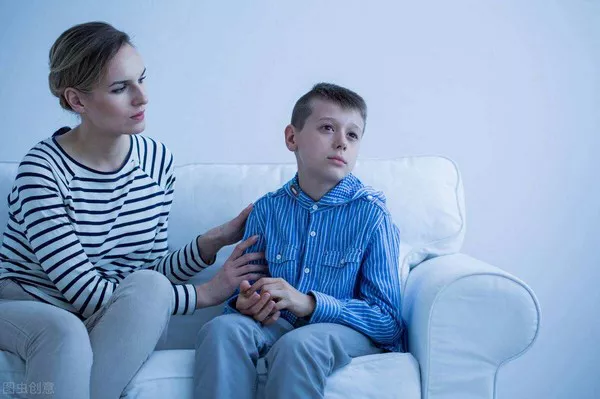In what many are calling the most significant advancement in psychiatric treatment in decades, researchers at Stanford University have developed an AI system that successfully identified effective treatment protocols for 73% of patients with previously untreatable mental health conditions. The study, published in The American Journal of Psychiatry, focused on individuals who had failed to respond to at least five conventional treatments for conditions like severe OCD, PTSD, and major depressive disorder.
The AI platform—called PsycheNet—analyzed over 15,000 data points per patient, including genetic markers, brain imaging, lifestyle factors, and treatment histories, to generate personalized therapeutic recommendations. In many cases, these involved unconventional combinations of existing treatments.
One patient with decades-long treatment-resistant depression, for instance, was prescribed a precisely timed regimen of morning light therapy, low-dose lithium, and a specific form of cognitive remediation therapy—a combination no human clinician had previously attempted, but which led to full remission within nine weeks.
What makes this approach revolutionary is its ability to detect subtle patterns across massive datasets that escape human notice. The system identified several previously unknown subtypes of depression and anxiety, each responding best to distinct treatment approaches. One newly discovered “inflammatory depression” subtype, characterized by specific immune markers, showed remarkable improvement with anti-inflammatory protocols rather than traditional antidepressants.
Ethical considerations remain at the forefront as this technology develops. The research team has emphasized that AI serves as a decision-support tool rather than a replacement for human clinicians, with all recommendations undergoing psychiatric review.
Early adopters at major medical centers report that the technology hasn’t diminished the therapeutic alliance—if anything, patients express renewed hope when presented with data-driven options after years of failed treatments. As the system continues to learn from outcomes across thousands of patients, its precision is expected to improve further, potentially offering breakthroughs for the millions worldwide who have found little relief from current mental health treatments.
Related topics:









![[Must Read for Girls] Timeless Appeal](https://www.pvcnr.com/wp-content/uploads/2022/09/10031119.webp)











